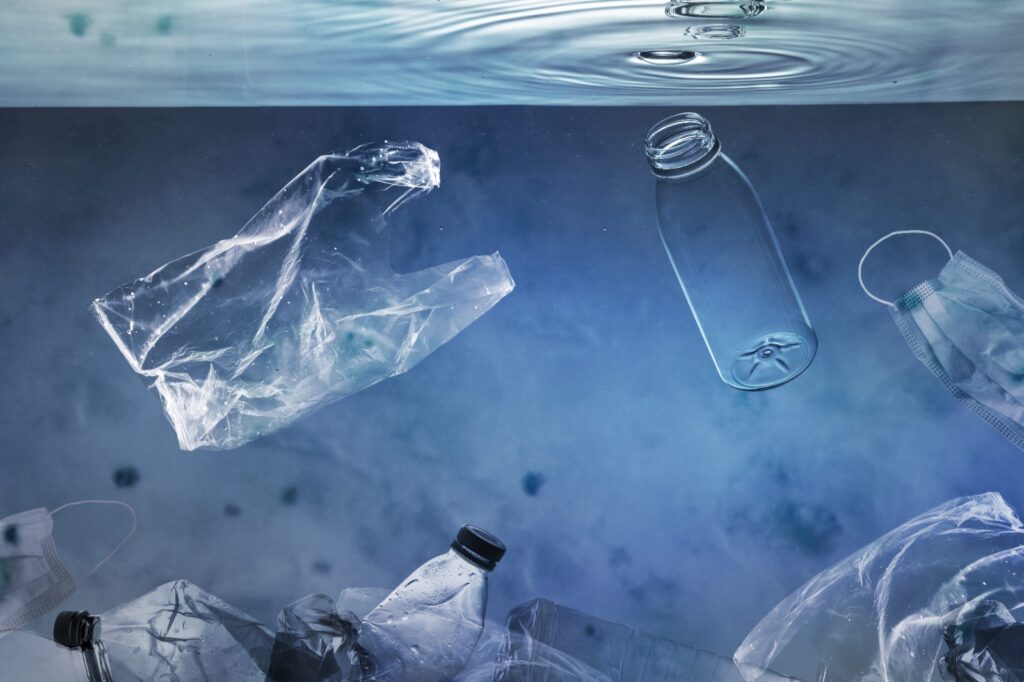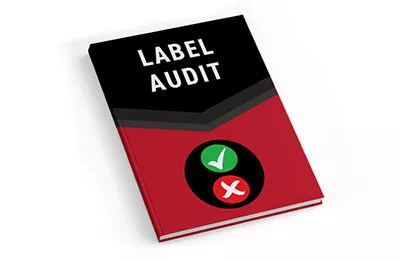
EPR registration for plastic Packaging waste
In 2016, the Government of India introduced the concept of Extended Producer Responsibility (EPR) to tackle the escalating issue of plastic packaging waste. Across the globe, different types of waste present challenges to governments, with plastic packaging waste being a significant concern. Before 2016, India, like many other nations, grappled with mounting challenges in managing and disposing of plastic packaging waste. The increased use of plastics, coupled with inadequate waste management infrastructure, resulted in environmental degradation, clogged waterways, and biodiversity threats.
To address this, the Indian government introduced the Plastic Waste Management Rule 2016 under the Environmental Protection Act 1986. This rule mandates various stakeholders—producers, importers, brand owners, and industries utilizing plastic packaging for their products—to responsibly collect, recycle, reuse, or dispose of non-recyclable plastic packaging waste. Primarily targeting plastic packaging, this rule introduced the concept of Extended Producer Responsibility, defining the obligation of anyone introducing plastic packaging into the market to ensure proper waste collection, recycling, and reuse.

Let’s consider an example to illustrate this:
Amul produces various milk products—curd, cheese, packed milk, flavored milk—using plastic packaging. When consumers use these products, they discard the plastic packaging, generating plastic packaging waste. In this scenario, Amul holds the responsibility to establish collection centers and ensure the proper collection of this plastic waste. Collected waste must then be sent to a registered recycler authorized by the Central Pollution Control Board (CPCB) for recycling. If the packaging isn’t recyclable, it should undergo the end-of-life (EOL) process.
Since its introduction in 2016, the concept of EPR has evolved in India. The government has refined regulations, established targets, and developed a framework for effective implementation. Collaborations with industry stakeholders, waste management bodies, and environmental organizations have aimed to increase awareness, ensure compliance, and encourage innovation in managing plastic waste through EPR.
The progression of EPR in India signifies a commitment to environmental sustainability, urging industries to adopt responsible practices, mitigate plastic pollution, and pave the way for a more sustainable future.



